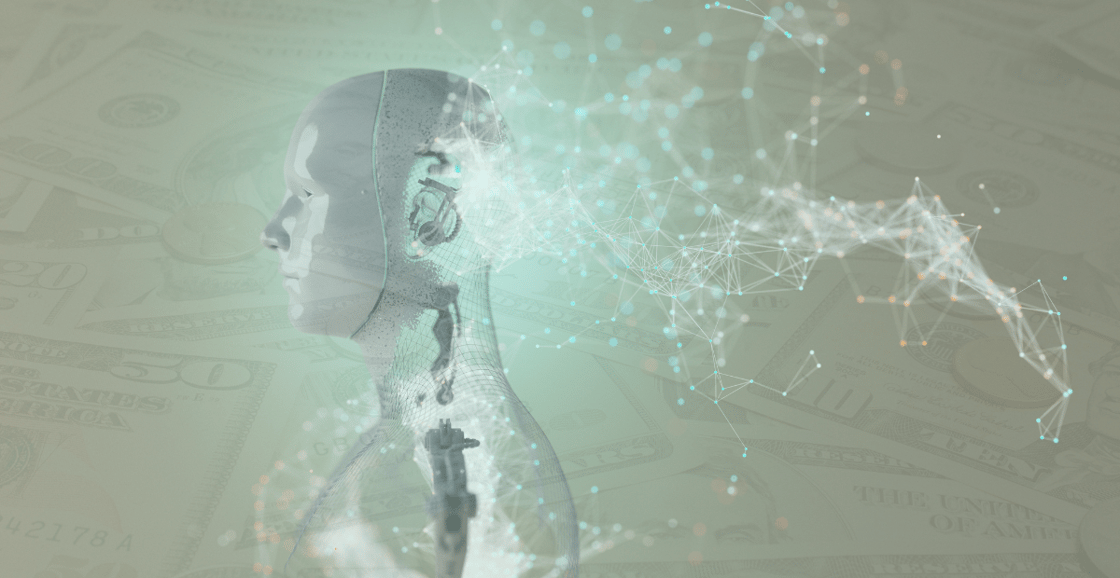AI and machine learning in energy trading
Artificial intelligence (AI) equips machines with capabilities comparable to the "natural intelligence" of humans and animals. The generic term covers problem-solving methods, including logic and planning procedures, for which human intelligence would be required but which machines, programs, or systems can carry out by collecting and processing data.
The term machine learning (ML) is often confused with or even used as a synonym for AI. Although closely related, they're not identical. ML is a subfield of AI. It consists of techniques that enable a software program to gain insights from data. Algorithms can recognize patterns and regularities in datasets and develop solutions from them. With ML, models are presented with as much data as possible so that the machine recognizes the underlying structures and rules on its own. The advantage of both? They make tasks quicker, more responsive, more automated, and easier.

How AI is powering the energy industry
Decentralization and a growing share of fluctuating renewable energies are contributing to the increasing complexity of the energy system. AI can handle enormous data streams, which helps optimize the system and improve customer satisfaction. Classic application areas include the power grid, power consumption, and electricity trading.
Power grid: AI in the power grid is used to manage a large number of participants as digitalization increases. Smart grids transport not only electricity but also data, enabling network operators to work with near-real-time information on energy production and consumption, which facilitates intelligent networking, load management, and utilization of demand-side flexibility. AI also helps coordinate maintenance activities and minimize costs and disruptions to network operations. A particular focus lies on integrating electric vehicles into the grid by smartly monitoring and coordinating the charging process.
Power consumption: A stabilized grid begins with some of its most important participants – consumers. Smart home solutions that intelligently manage lighting, air conditioning, heating, and other electronic devices while measuring consumption in real time through smart meters can make the energy market more efficient.
Electricity trading: In energy trading, AI significantly improves generation and demand forecasts. Large volumes of weather and historical data can be systematically evaluated to increase grid stability and security of supply. Beyond this, algorithms make sure an asset's participation in the power market is driven by the most profitable, data-driven trading decisions.
A smarter future for electricity trading
Short-term electricity trading is becoming increasingly important due to the growing share of volatility from renewable generation. Particularly, the intraday market, where energy is traded close to physical delivery, plays a crucial role.
When the focus lay more heavily on long-term markets, energy traders were quite successful with conventional modeling techniques and trading strategies. However, intraday trading is influenced by factors like micro weather conditions, meter-level consumption data, as well as cross-border capacity and power plant outages that affect prices and volatility in the short term. This means that the amount of data and complex interrelationships of information make trading decisions (what to trade, when to trade, at what price to trade) increasingly difficult. For perspective, millions of data points accumulate within a few hours in the intraday market alone.
Larisa Chizhova, enspired's Head of AI, sums up the development of AI in trading: "I am certain that we are witnessing a transition from manual to completely automated electronic trading in the energy market right now, similar to what happened in the financial sector 10-20 years ago. And the use of AI and machine learning plays a major role in this transition. We, as humans, can draw only very few conclusions from the data we see, and we easily miss important trends. Finding signals in the enormous amount of trading, weather, and load data is a task only machines can properly crunch."
Are you interested in leveraging our AI-based optimization to maximize the profitability of your assets?




.png?width=1120&name=MicrosoftTeams-image%20(26).png)